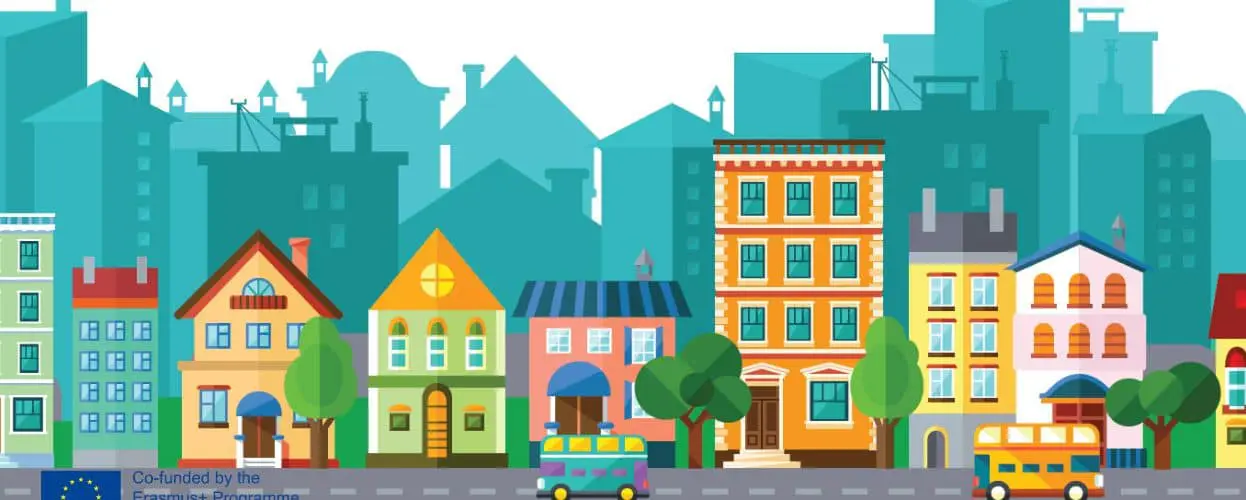The artificial intelligence created by scientists from Tomsk State University for assessing the quality of life has produced a paradoxical result. According to this indicator, for example, Ingushetia, Kabardino-Balkaria, Karachay-Cherkessia, North Ossetia-Alania, the Altai Republic are far ahead of Moscow, the Moscow region and other “grain” regions. How is this possible? Maybe the neural network was poorly taught, and therefore it draws similar conclusions?
They taught, according to one of the authors of the development, Evgeny Shchekotin, well, and showed excellent marks on AI tests. And the result seems strange only at first glance. It is important what to understand by the quality of life.
– There are a variety of assessment options, for example, the UN methodology takes into account many calculated indicators, for example, GDP per capita, life expectancy, level of corruption, stability, etc., says Schekotin. – Of course, population polls are also carried out, but these data are not basic, but only one of many. We have a different approach: the neural network evaluates only the subjective quality of life by the people themselves. But to find out their opinion, you do not need to conduct polls, ask questions. The neural network analyzes digital footprints that people leave on social networks on various issues: education, the work of government institutions, medicine, housing and communal services, security and ecology, economic and political situation, etc. This allows you to calculate the quality index and understand how they relate to certain aspects of life in the region and in the country.
Someone will say that such a picture is specific, for example, it strongly depends on the activity of the region’s population in social networks. But such a response system can be useful to the authorities; it will receive a prompt response from people to their actions.
The research was supported by the Russian Science Foundation.







